The use of telecommunications networks to appropriate assets is much more common than other tools and means, and forms of fraud are also increasingly sophisticated and complex.
According to information from the Ministry of Information and Communications (MIC), in the first 10 months of 2024, the hotline for reporting spam messages, spam calls, and scam calls (Call Center 156/5656) recorded nearly 850,000 user reports.
Of these, about 185,000 were related to spam messages (22%), 441,000 were about spam calls (52%) and 222,000 were about scam calls (26%).
Through inspection, the Department of Information Security (Ministry of Information and Communications) has released statistics showing that up to 25% of the 850,000 spam calls were nuisance calls, 20% were related to debt collection, credit, 20% were advertisements for tourism services, real estate,...
In particular, according to the Department of Information Security, about 15% of the complaints come from scams in many forms such as online work support, roll call to receive gifts, stock investment, impersonating state agencies such as police, courts, banks, electricity, etc. 5% of the complaints are invitations to participate in gambling, betting, and online lottery.
All these feedbacks are sent directly to the network operators for processing. 100% of telecommunications companies have been and are processing user feedbacks.
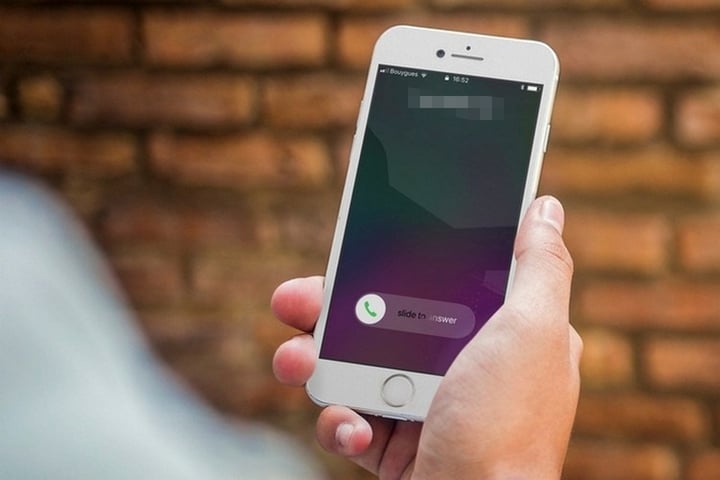
In the first 10 months of 2024, the Ministry of Information and Communications received 850,000 complaints from users about spam calls and messages. (Illustration photo)
The motive of the missed callers may be to get users to call or text back to the numbers providing content services for profit or advertising.
Spam calls and messages can also be used as a channel to solicit real estate, insurance, travel, stock investment, loans, black credit, gambling game advertising, or even impersonate authorities to defraud, appropriate property, collect debts, threaten and blackmail.
Faced with the above situation, the Inspectorate of the Ministry of Information and Communications has coordinated with network operators to review and improve the capacity of the system to block spam messages, spam calls, scam calls, build and deploy filtering systems applying artificial intelligence technology, big data...
The Ministry of Information and Communications has also strengthened inspection and examination of anti-spam messages, spam calls, registration, storage and use of mobile subscriber information, especially with organizations and individuals registering to use a large number of SIM cards, showing signs of unusually large numbers, unclear purposes of use, and inconsistent with actual needs.
Giving the reason for the large number of complaints about spam messages and spam calls, Mr. Dang Huy Hoang, Deputy Director in charge of the Vietnam Cyberspace Emergency Response Center (VNCERT/CC), "Our information is sold a lot on closed groups. If you want to get information about a customer file, just go online, spend a little money and you can buy it back."
A representative of the Vietnam Cyber Emergency Response Center pointed out that the habit of regularly sharing information on social networks can unintentionally be exploited by social networking platforms, thereby understanding users' behavior.
In June this year, the Ministry of Information and Communications also suspended the development of new subscribers for two months for three network operators: Vietnamobile, Vnsky, Mobicast when it discovered violations regarding junk SIMs.
In 2023 and 2024, there were 97 inspection teams examining subscriber information, spam SIMs, spam messages, and content services (VAS), imposing administrative fines of VND 1.85 billion for violations of VAS services and VND 5.6 billion for violations of spam SIMs.
Recently, the Information Security Department (Ministry of Information and Communications) revoked 11 identifiers used to spread spam messages and spam calls; imposed an administrative fine of VND 250 million on 2 businesses (SMBC Finance Company and Suntech Company) for violating the use of identifiers to spread spam calls and suspended the provision of 4 identifiers for 2-3 months.
Source


![[Photo] "King Cobra" Su-30MK2 completed its glorious mission on April 30](https://vstatic.vietnam.vn/vietnam/resource/IMAGE/2025/4/30/5724b5c99b7a40db81aa7c418523defe)


![[Photo] Cultural, sports and media bloc at the 50th Anniversary of Southern Liberation and National Reunification Day](https://vstatic.vietnam.vn/vietnam/resource/IMAGE/2025/4/30/8a22f876e8d24890be2ae3d88c9b201c)
![[Photo] The parade took to the streets, walking among the arms of tens of thousands of people.](https://vstatic.vietnam.vn/vietnam/resource/IMAGE/2025/4/30/180ec64521094c87bdb5a983ff1a30a4)

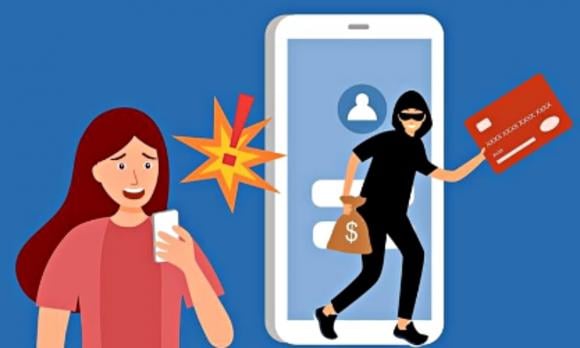

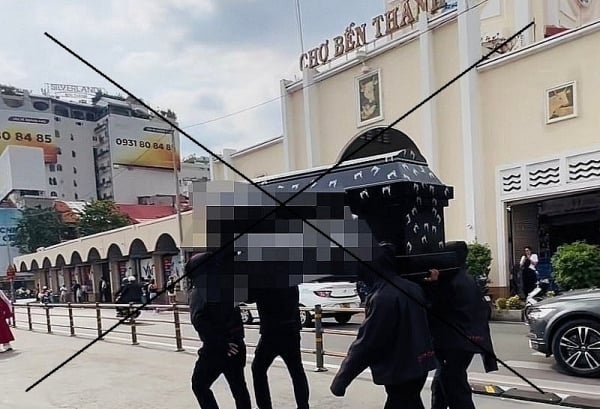





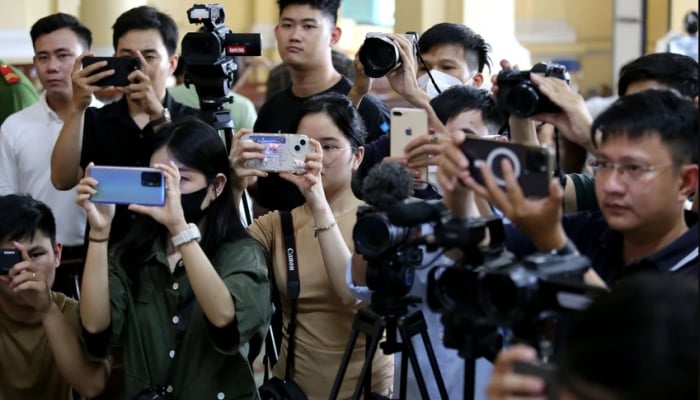

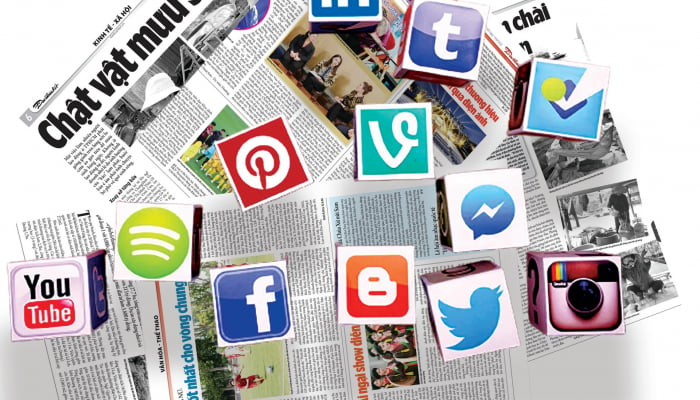
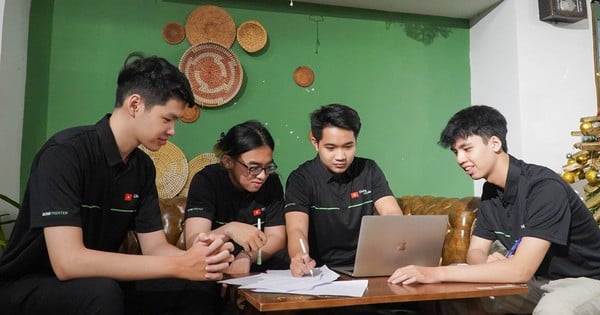








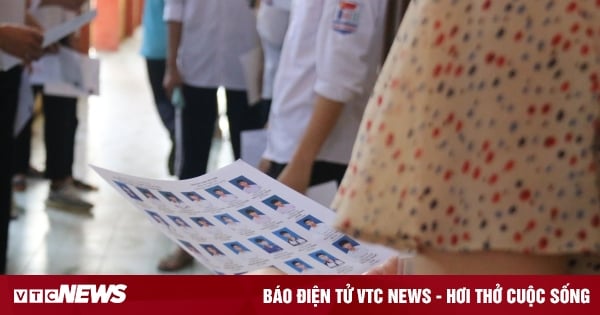
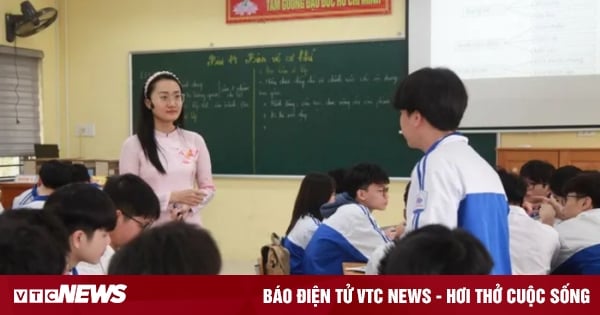




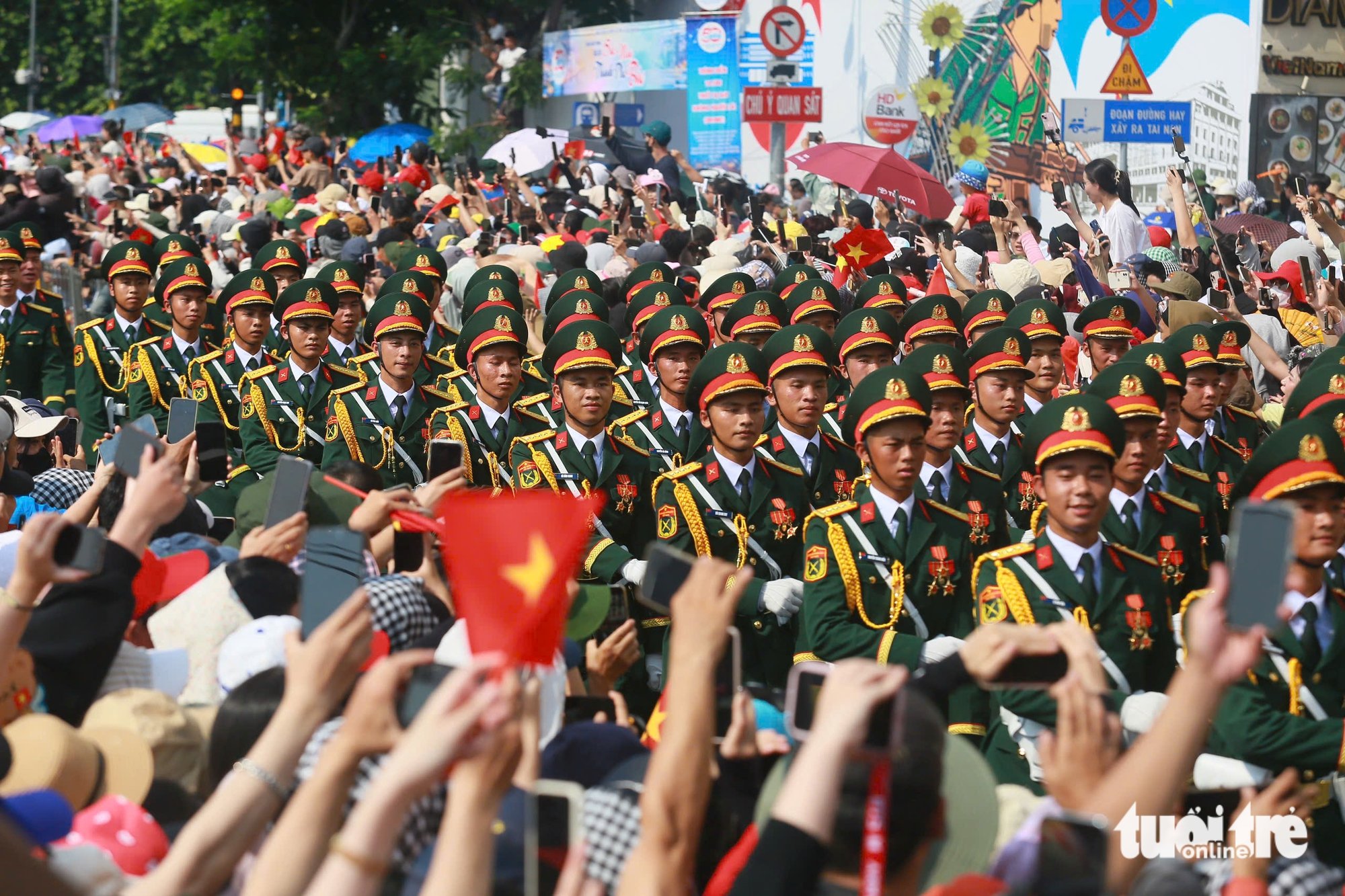


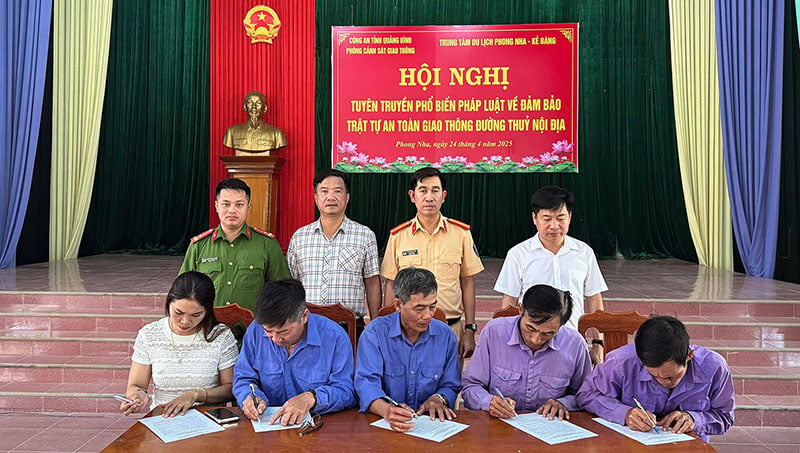















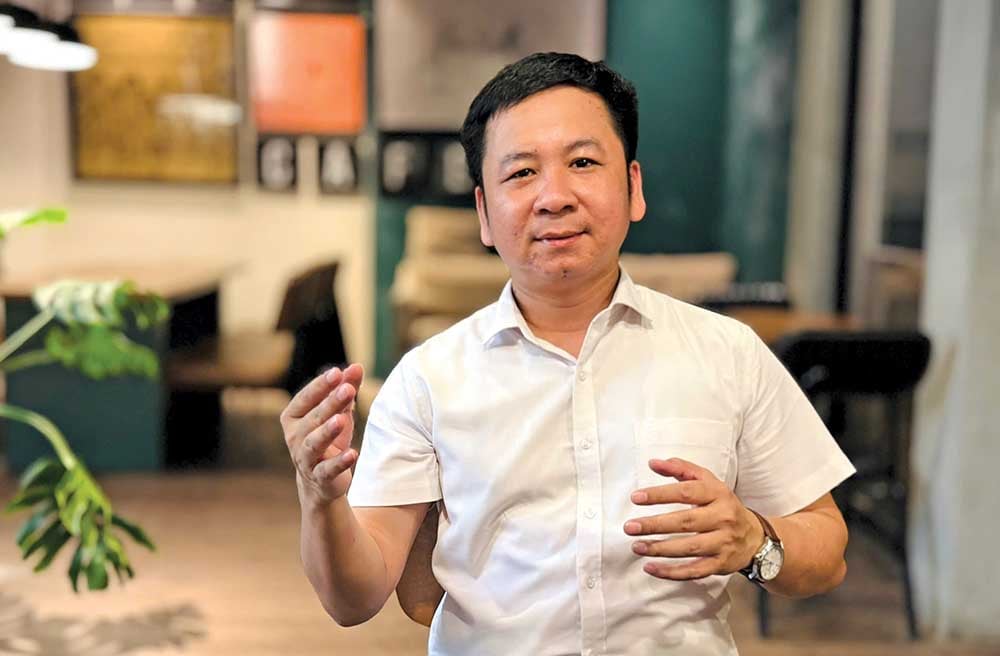

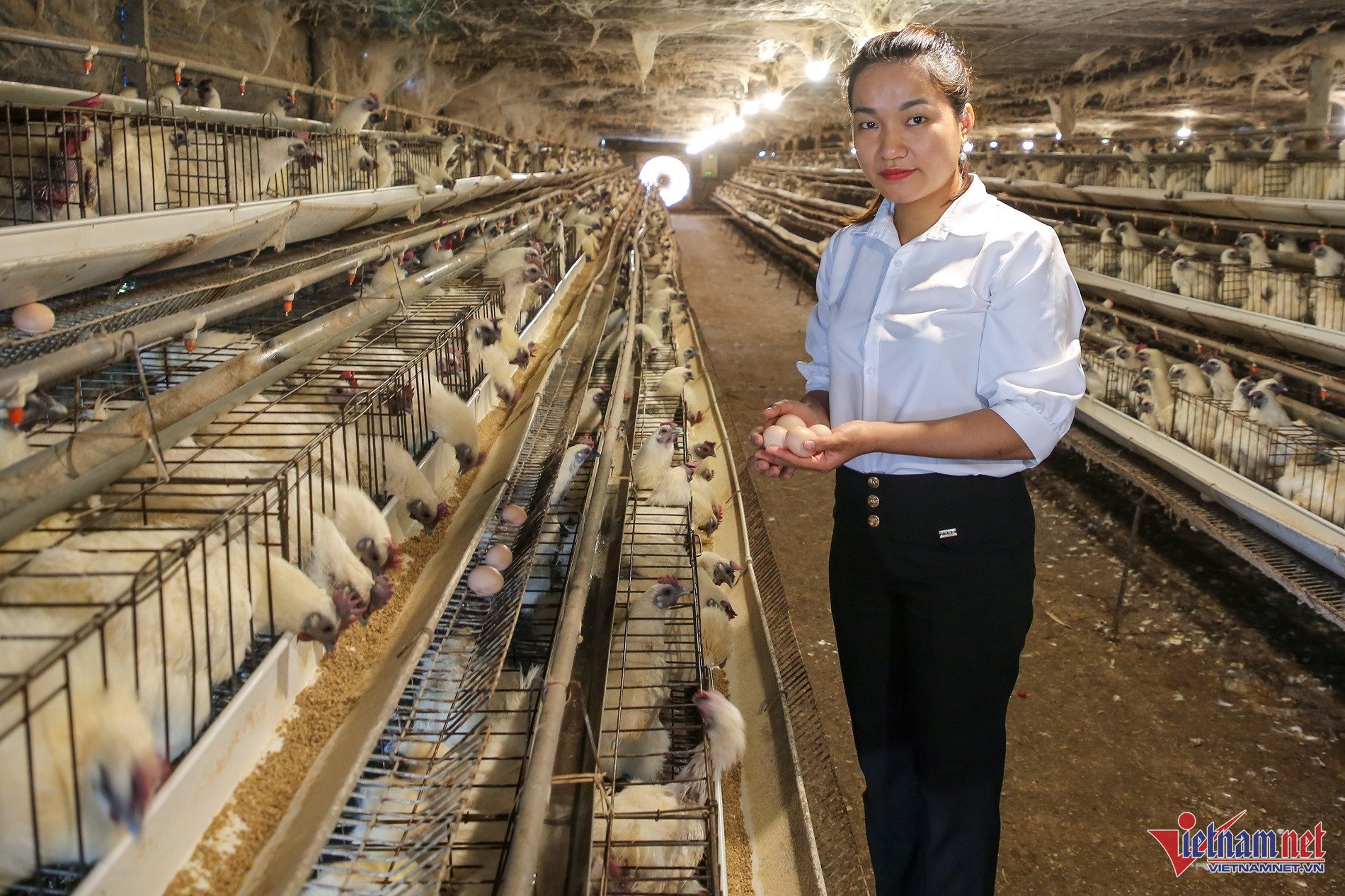














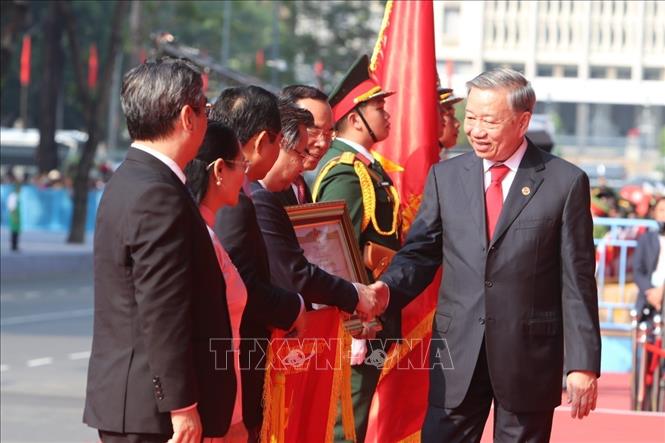














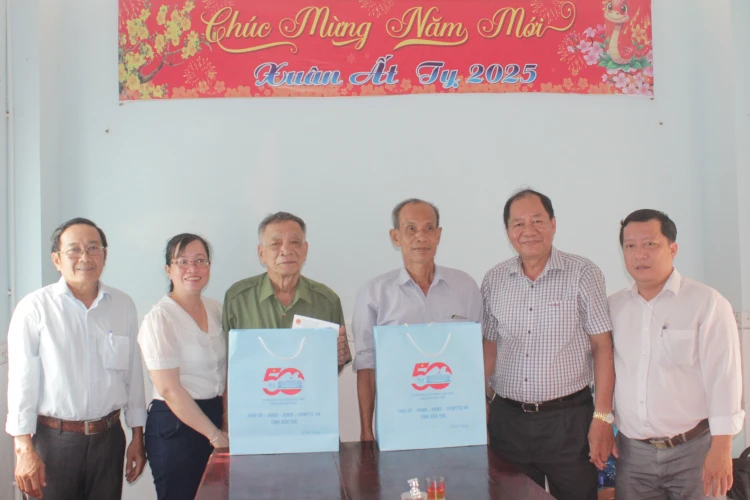











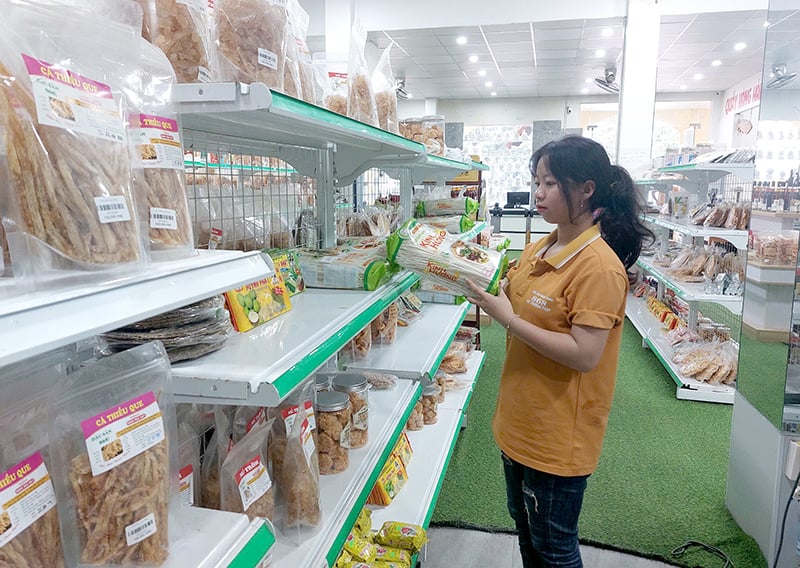
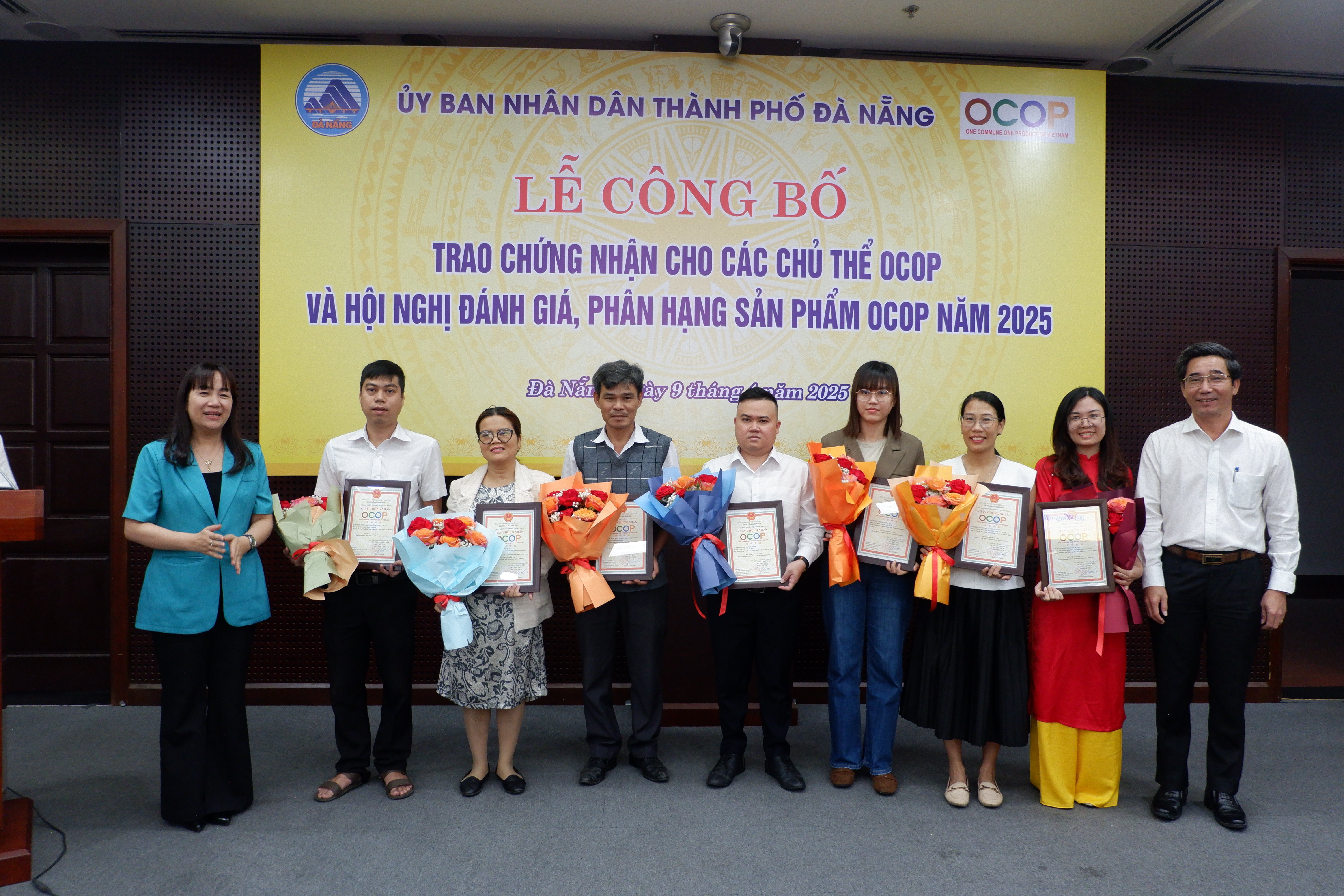

Comment (0)